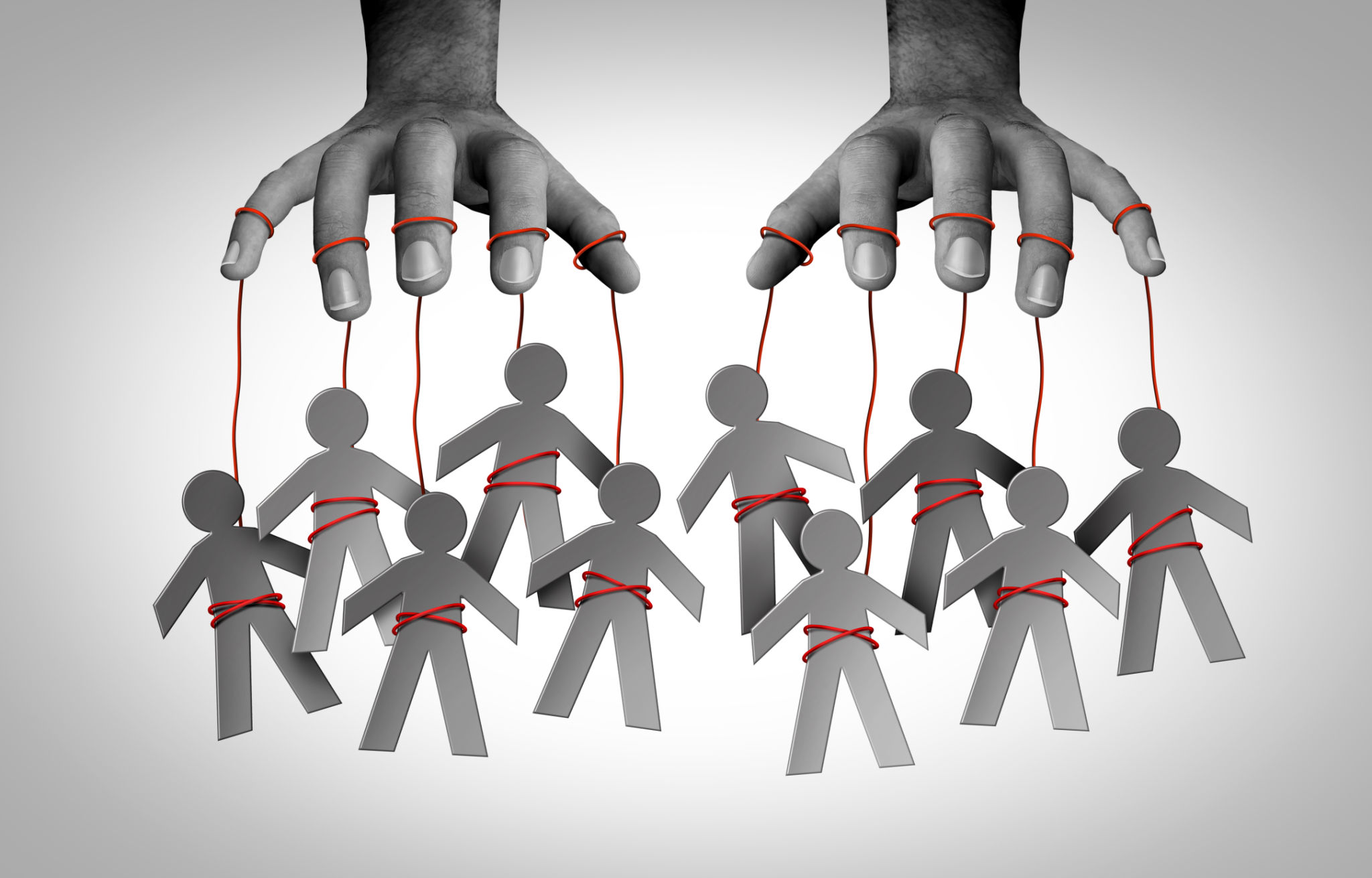Follow the Rules
The Psychology of Rule Following: Are We Robbed of Independent Thought?
From ancient laws carved in stone to modern-day societal norms, rules have always been the backbone of civilization. While they aim to create order, safety, and progress, rules often suppress individual thought, forcing conformity even when the majority silently disagrees. This raises an uncomfortable question: Are we following rules out of conviction, or are we conditioned to obey?

The Psychology of Obedience
Psychologists like Stanley Milgram and Philip Zimbardo have long studied why humans comply with authority. Milgram’s famous experiment in the 1960s revealed that 65% of participants would administer potentially fatal electric shocks simply because an authority figure told them to. This demonstrated how deeply ingrained our obedience to rules—and those who create them—truly is.
Neuroscience suggests this behavior is partly evolutionary. The prefrontal cortex, responsible for rational thought, often yields to the amygdala, which prioritizes survival. In prehistoric times, following the tribe’s rules meant safety. In modern society, this translates to adhering to laws, workplace policies, and even unwritten social expectations.
But here’s the problem: When we follow rules without question, we outsource critical thinking. This “obedience bias” robs us of our own agency, leaving us vulnerable to manipulation by those in power.

How Rules Shape Societies—and Control Minds
Throughout history, rules have been used as tools of control. Consider these examples:
• Hammurabi’s Code (1754 BCE): One of the first sets of written laws, it enforced strict penalties to maintain order in Babylon.
• Religious Commandments: From the Ten Commandments to Sharia law, religious rules have dictated moral behavior for centuries, often stifling dissent.
• Industrial Revolution: Rules in factories ensured productivity but often dehumanized workers.
• Modern Algorithms: Today, tech companies use AI to create “rules” that govern how we interact online, shaping everything from our purchases to our opinions.
Rules aren’t inherently bad—they can protect us. However, history shows that those who create rules often do so to maintain their power rather than serve the greater good.

Data on Rule Effectiveness
• A 2023 study in Psychological Science revealed that 60% of rules in workplaces are perceived as unnecessary or counterproductive by employees.
• Laws with public backing (e.g., seatbelt mandates) have a 90% compliance rate and demonstrable success in reducing harm.
• Rules imposed without public consultation fail at an alarming rate—70% are repealed or ignored within 10 years.

Top 5 Biggest Creators of Rules
1. Governments: From ancient monarchies to modern democracies, governments create laws to maintain societal order.
2. Religious Institutions: Religions have long established rules to guide moral behavior, often tying them to divine authority.
3. Corporations: Workplace policies, dress codes, and ethical standards all stem from corporate governance.
4. Educational Systems: Schools teach conformity through rules about behavior, dress, and thinking, shaping young minds for adulthood.
5. Tech Companies: Algorithms are the new rules, influencing how we consume information and interact with the world.

Breaking the Cycle: The Case for Critical Thinking
While rules have their place, blind obedience undermines progress. Great innovators—like Galileo, who defied the Church’s rules about astronomy, or civil rights leaders like Rosa Parks—challenged rules to create change.
Psychologists suggest fostering critical thinking through education. Teaching people to question the why behind rules encourages personal growth and societal improvement.

Conclusion: The Choice Is Yours
Rules will always exist, but the power lies in how we respond. By questioning, debating, and even breaking outdated or unjust rules, we reclaim our agency. The next time you’re told to “follow the rules,” ask yourself: Do I agree with this, or am I just afraid to think for myself?
True progress isn’t built on blind obedience—it’s built on courageous defiance.
